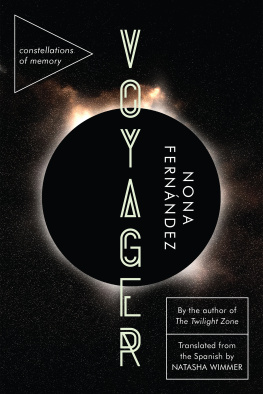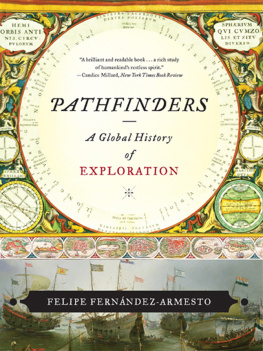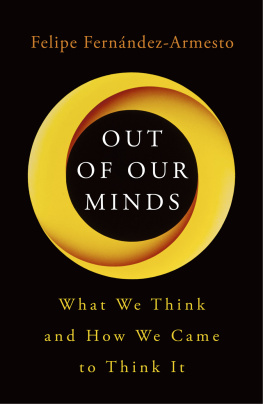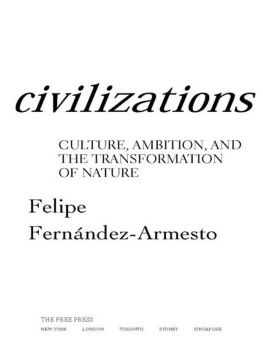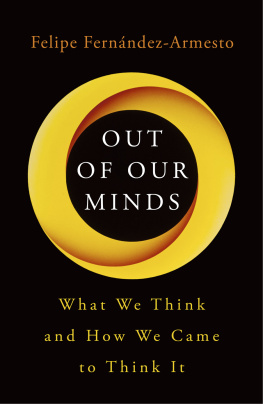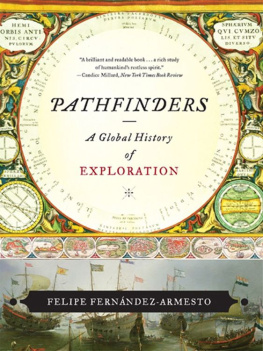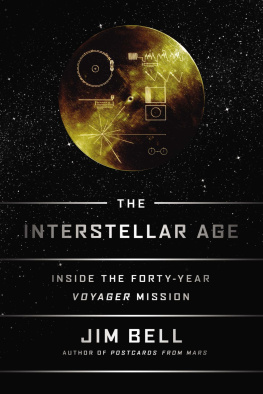VOYAGER
Constellations of Memory
Nona Fernndez
Translated from the Spanish by Natasha Wimmer
Graywolf Press
Copyright 2019 by Ampi Margini Literary Agency
This translation of Voyager is published by arrangement with Ampi Margini Literary Agency and with the authorization of Nona Fernndez and Penguin Random House Grupo Editorial, S.A.
English translation copyright 2023 by Natasha Wimmer
The author and Graywolf Press have provided this e-book to you for your personal use only. You may not make this e-book publicly available in any way. Copyright infringement is against the law. If you believe the copy of this e-book you are reading infringes on the authors copyright, please notify Graywolf Press at: us.macmillanusa.com/piracy.
This publication is made possible, in part, by the voters of Minnesota through a Minnesota State Arts Board Operating Support grant, thanks to a legislative appropriation from the arts and cultural heritage fund. Significant support has also been provided by the McKnight Foundation, the Lannan Foundation, the Amazon Literary Partnership, and other generous contributions from foundations, corporations, and individuals. To these organizations and individuals we offer our heartfelt thanks.

Published by Graywolf Press
212 Third Avenue North, Suite 485
Minneapolis, Minnesota 55401
All rights reserved.
www.graywolfpress.org
Published in the United States of America
ISBN 978-1-64445-217-2 (paperback)
ISBN 978-1-64445-218-9 (ebook)
2 4 6 8 9 7 5 3 1
First Graywolf Printing, 2023
Library of Congress Control Number: 2022938631
Cover design: Kapo Ng
For Patricia,
the mother star
The Voyager s are two space probes launched by NASA in 1977. Multiple arms and antennae jut from them, making them look curiously like cosmic insects. Their sophisticated framework accommodates cameras, light sensors, sonic radar: an array of instruments for measuring and gauging temperature, color, plasma waves, particle energy. The Voyager s are equipped to be two perfect huntresses. Their task is to record. To store fragments of stellar memory.
We must bring new energy to remembering.
Make memory talk to the troubled present.
Nelly Richard
While I live, I remember.
Agns Varda
VOYAGER
Southern Cross
My mother has been fainting. Without warning, for no apparent reason, she falls and briefly disconnects. It might be a few minutes or only a few seconds, but when she comes to she cant remember whats happened. The moment is tucked away in some hidden corner of her brain. When her eyes open, she generally finds herself under the gaze of a series of strangers trying to help by fanning her or offering her water and tissues. These strangers tend to try to help her piece together the time lost from her memory. You leaned against the wall, you held your head, you vomited, you sat down on the ground, you closed your eyes, you collapsed. A chorus of voices offering up details of the blackout, enough for her to partially recover the scrap of life hidden in a parenthesis in her brain. It upsets my mother not to be able to remember what happened in these spatiotemporal lapses. Falling down in the middle of the street, collapsing in her seat on the bus or in line at the supermarketthese things are less troubling than the lost minutes of lucidity. The black holes that lurk in her everyday memories bother her more than the bruises she collects each time she faints.
I understand my mother. I have a theory that were made up of these everyday memories. Its not an original idea, but I believe it. The way we wake up, what we have for breakfast, a walk down the street, an unexpected downpour, some annoyance, a surprise in the middle of the day, a story in the paper, a phone call, a song on the radio, the preparation of a meal, the smell from the pot, a complaint filed, a scream heard. Each day and each night lived, year after year, with its full complement of activity and inactivity, upheavals and routinescontinuous storing of all this is what translates into personal history. Our archive of memories is the closest thing we have to a record of identity. Its the only clue to ourselves, the only way to figure ourselves out. I guess thats why were asked to claim it on the therapists couch. Sorting through childhood, adolescence, youth; declaring step by step what weve lived. Because all of iteverything collected in the kaleidoscope of our hypothalamusspeaks for us. Describes and reveals us. Disjointed fragments, a pile of mirror shards, a heap of the past. The accumulation is what were made of.
I understand my mother. Losing a memory is like losing a hand, an ear, ones very navel.
On the hospital room monitor I can see my mothers brain activity. She is lying on a bed, her head sprouting electrodes and her eyes tightly closed. A series of stimuli administered by the doctor triggers electric charges in her brain. A network of hundreds of thousands of neurons interwoven with millions of axons and dendrites exchanging messages via a connective system of multiple transmitters: thats presumably what Im seeing translated on the screen. The complexity of whats going on in there when my mother inhales, exhales, or is illuminated by the soft flickering of a light on her eyelids is indescribable. And when the doctor suggests a simple relaxation exercise, like thinking of a happy moment in her life, her brain really puts on a show. As my mother conjures some unspoken memory, a group of neurons lights up. In his office, the doctor showed us images of active neurons. Though the picture on the monitor doesnt translate those electric sparks the same way, what I see looks like a starscape. An imaginary chorus of stars twinkling softly in my mothers brain, soothing her, steadying her nerves during this test. A network stitching together familiar and comforting sensory details, I guess. Smells, tastes, colors, textures, temperatures, emotions. A neuronal circuit like the most complex stellar tapestry. In my mothers brain, groups of stars constellate in the name of the fond memory lighting them up.
The last time I saw a constellation with any clarity was years ago, up north, far from the polluted skies of Santiago. I spotted Ursa Minor, Orion, the Three Marys, and the Southern Cross, which as a child I was told pointed the way home. I summon the memory and I think about the spectacle surely being staged inside my head.
A moonless night. The cold of the Atacama Desert creeping up the sleeves of my jacket. Some drowsiness, pent-up fatigue. Soreness in my neck from long minutes of gazing skyward. An astronomer indicating different constellations with a laser pointer, explaining to a group of tourists and me that all those distant lights we see shining above our heads come from the past. Depending how far away they are, we might be talking about billions of years. The glow from stars that may be dead or gone. Reports of their death have yet to reach us and what we see is the glimmer of a life possibly extinguished without our knowing it. Shafts of light freezing the past in our gaze, like family snapshots in a photograph album or the kaleidoscopic patterns of our own memory.

